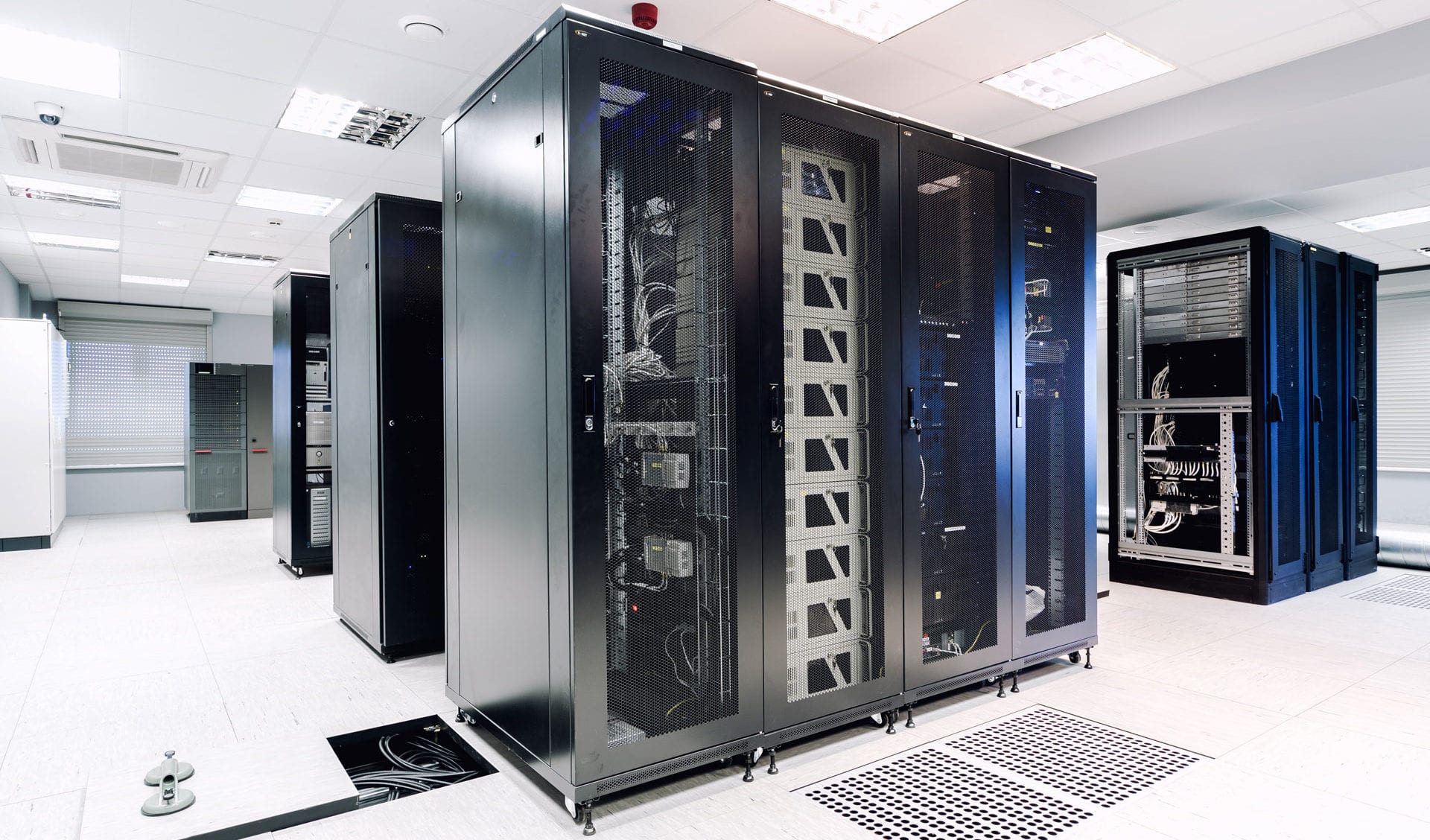Whether you’re a small or medium-sized enterprise, you need a server to help scale your needs. Today, most businesses use servers (shared computers) to enhance the access of shared resources and data within an organization. Some of the common server applications include web, email hosting, and a central location for files people use to perform their daily tasks.
What’s more, business servers have become an integral component of the modern business realm that it’s almost impossible to thrive without them. However, be sure not to pay for resources that could offer no solution to your business.
Ensure you have enough hardware to handle the traffic increase because once a marketing campaign kicks off, you’ll likely experience increased online traffic. For that matter, you need a server that can effectively deal with these exponential changes. Understanding how to choose the best server can benefit you in many ways.
Here are the top five things to keep in mind when investing in an enterprise-grade server for your business.
Your Budget
If you’re looking to get an effective modern platform like Linux on POWER, you first need to determine your budget. Evaluating your current financial condition is essential as it can help you know what you can comfortably spend. If you don’t develop a viable budget, it will be difficult to narrow your needs. Keep in mind that light, small servers cost a few hundred dollars, whereas more powerful business servers can cost thousands of dollars.
Although your budget is a primary consideration, remember the type of server you choose will greatly depend on your business needs. Avoid what you can’t afford and get something within your budget range to avoid overstretching yourself.
The Type of Your Server
The primary server types include on-site on cloud servers. Both of these platforms are designed for different purposes, and they come with their benefits and drawbacks. Typically, on-site servers often require setup, an access-controlled space, and maintenance. They also tend to have a limited lifespan. However, on-site servers are highly secure and easy to configure.
On the other hand, cloud servers are considered more convenient because users can access them from any part of the universe. These servers are also relatively fast and more secure, although the physical maintenance and security rely on someone else. Subsequently, if your business is subject to regulatory requirements, you may need to take caution because file transfer from the cloud is relatively lower.
Server Maintenance
Like other systems in your company, your server will need some maintenance services. At this point, you’ll need to work hand in hand with your IT support team to ensure everything runs smoothly. This is particularly important if you select an on-site server that needs physical servicing. And although the cloud server is maintained by someone else, it’s not enough reason to assume everything will be taken care of. You need to figure out the best ways to maintain your server once it’s set up.
Power Source
Another critical thing to consider before getting a server is its power. You need to find a powerful server to provide you with more resources you need to improve your business. An effective server could contain several processors that can simultaneously manage a large amount of data and host dozens of users. A dedicated server is also likely to have large hard drives, multiple storage options, and aggressive graphic cards. What’s more, this platform can allow you to manage the infrastructure of an intricate e-commerce platform as well as several other concurrent business applications.
Speed and Scalability
An effective enterprise-grade server should provide high-speed solutions. It should be built to be fast without additional processing delays between data requests and the operating system.
Furthermore, the server should have little to no chance of losing resources. Instead, it should be able to isolate data streams in a dedicated environment. Additionally, you examine the server’s scalability. Can it be scaled to integrate additional systems? For instance, upgrading an on-site box is relatively harder than scaling a cloud-based server.
When it comes to investing in a server, you want to get a system that can scale up together with your business. Failure to which, you might need to spend more on down the line due to drastic hardware changes.


